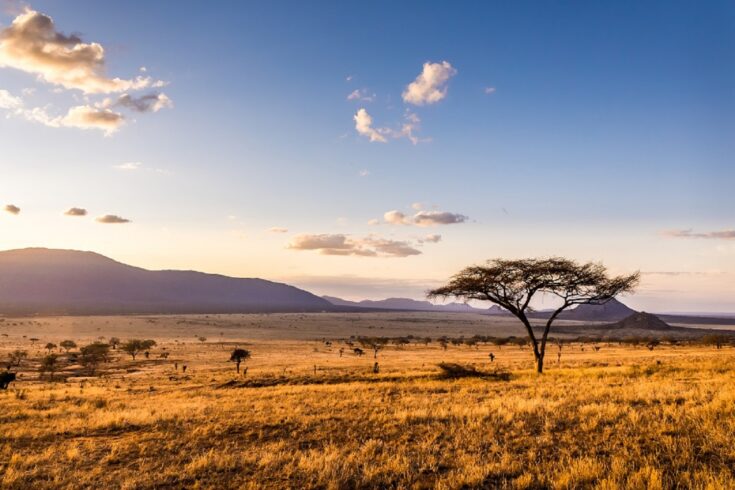Universities and researchers can apply for a share of £2 million to work with researchers and businesses in Africa on solving challenges in food supply.
Three-quarters of the poorest people in Africa live in rural areas and rely on agriculture and livestock for their livelihoods.
They face many challenges, including from climate change and scarcity of resources, demographic changes, changes in diet, and changing markets.
Innovation in agriculture and food systems is low in developing countries. It needs to speed up to meet the challenges.
Innovate UK, part of UK Research and Innovation, has up to £2 million from the Global Challenges Research Fund to support knowledge transfer partnerships between UK researchers and researchers and businesses based in Republic of Ghana, Federal Republic of Nigeria, Republic of Kenya or Republic of South Africa.
Knowledge transfer partnerships allow universities, colleges, research technology organisations and catapults to partner with a business or not-for-profit organisation and bring new skills and thinking into the organisation.
The partnership employs one or two recent graduates with relevant skills, known as an associate, to work in the business. The business is asked to contribute to the project.
Partnerships must show an impact on poverty
Partnerships must show they can have a positive effect on poverty through the uptake of innovative technology in agriculture and food systems.
Work could be carried out in one or more of the following areas:
- integrating smallholders into global and local supply chains
- increasing the value of production to smallholders
- control of crop pests, weeds, and diseases
- meeting quality standards and improving productivity
- reducing food losses ‘post-farm gate’ and through the value chain
- addressing food safety issues
- new food technologies and data-driven food systems, including for urban areas
- addressing challenges in downstream food processing, distribution, or storage and adding value
- innovation that supports food systems to deliver nutritious, healthy and safe food
The project must also be environmentally sustainable, minimise pollution and waste, and promote safe, nutritious and healthy diets.
Competition information
- the competition is open, and the closing date is at 11am on 28 October 2020
- projects must be led by a higher or further education institution, research technology organisation or Catapult, partnering with a knowledge base and a business partner in one of the eligible countries
- we expect projects will typically cost up to £125,000 a year and include a contribution from the business partner
- projects will typically last 24 months.

